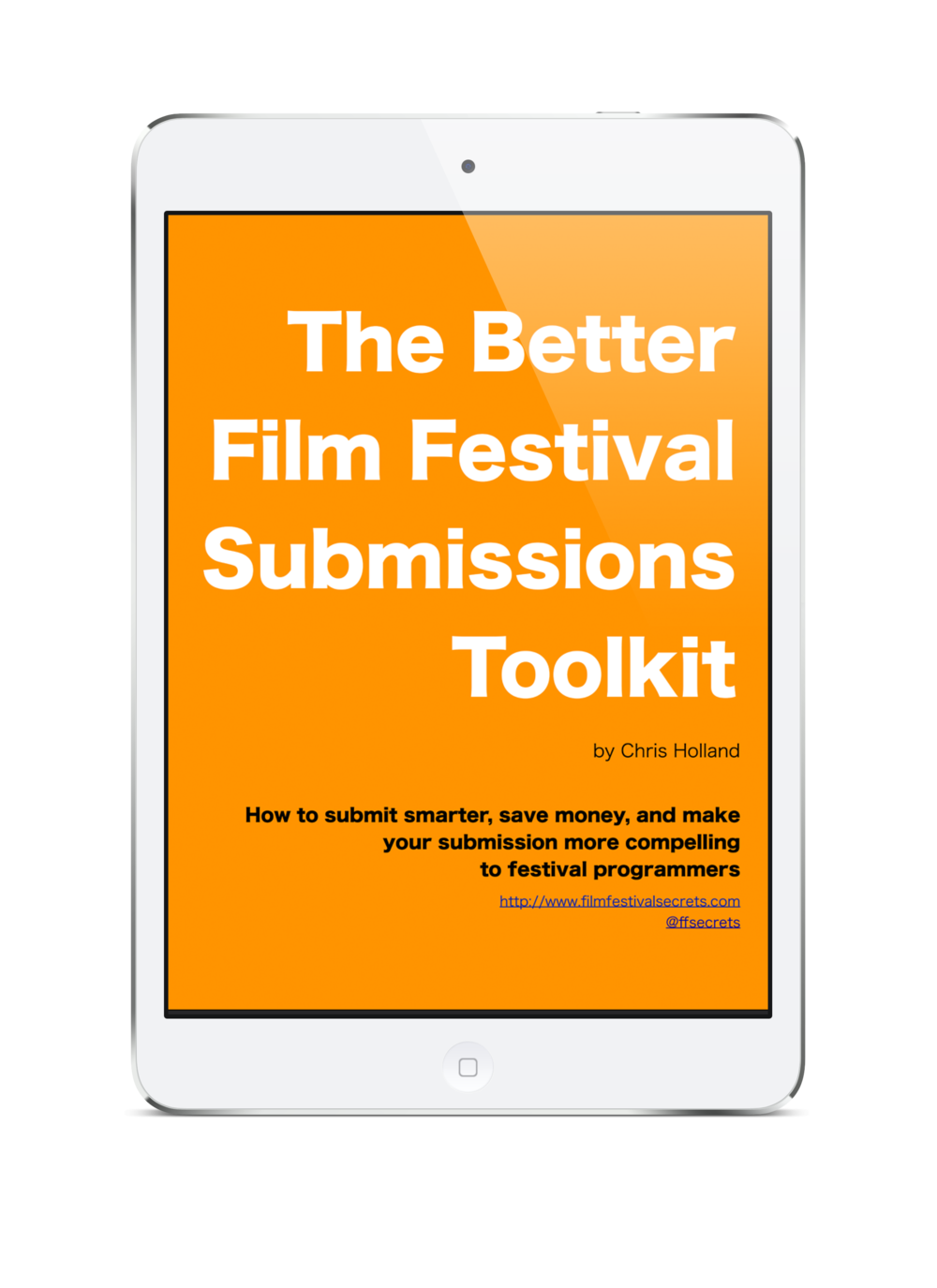
Every year South by SouthWest turns the town of Austin, Texas upside-down for a couple of weeks. For the first half of that time, the film festival and interactive conference invades downtown Austin, filling the streets with tech geeks, festival directors, moviegoers, journalists of all stripes, and of course filmmakers. With over 250 films playing the festival, it's impossible to throw a rock in the Austin Convention Center and not hit a filmmaker, though maybe you'll get them on the ricochet.
If you're a filmmaker looking to build a career in the industry, a large festival like SxSW is the closest thing to heaven you can find: a target-rich environment designed specifically for the development of new connections and the communal pleasure of watching great (and sometimes, admittedly, not-so-great) cinema. Over the last couple of years of attending the festival, I've had the good fortune to meet a lot of filmmakers. I've also been surprised at how few of them seem to arrive at the festival prepared to promote themselves and their films to the fullest extent. Even if you don't have a film in the festival itself, you owe it to yourself to be ready to make the most of SxSW.
Let's get started with a few basics:
• If you're without lodging this late in the game you're not completely screwed, but you're either going to have to pay out the nose for something last minute or throw yourself on the mercy of the locals. The ever-trusty Craigslist may be helpful here, but you're more likely to find a couch to crash on with a friend of a friend. Reach out to your friends and acquaintances -- chances are there's someone who knows somebody who used to date someone who lives in Austin. If you're comfortable with the idea of crashing on a total stranger's couch, try Couchsurfing.com. If your film is in the festival, use that as a bargaining chip. People love to feel connected to the festival community, even if they're only "doing their part" in a tangential way.
» If you're a filmmaker in the festival, you're all set in terms of admission. If, however, you're merely attending the festival and you need a way to get into screenings and such, a Film Badge ($300 - $400, depending on when you buy) is what you want. If you don't have the money for a badge you can buy a pass for about $70 but chances are you'll be shut out of a good number of screenings. That's not to say a pass is worthless, but you're likely to be limited to second screenings and smaller films. (On the other hand, films playing at the roomy Paramount usually have seats for all comers.)
» If you haven't printed any promotional materials yet, you have a choice -- pay a lot of money for full-color materials printed in a hurry, or go lo-fi. Personally I think filmmakers waste a lot of money printing up posters and such that don't do them a lot of good in the end. There are only two essential pieces of printed material you should have, and you should carry them with you always. Always.
#1 - business cards, and lots of 'em. About 500 to really do it right -- few things suck quite as much as the statement "I'd love to give you my card, but I ran out." Because of their simplicity and size, business cards are still the primary method of information exchange during film festivals and conventions. The object of any professional gathering is to establish new relationships, and in the (often alcohol-soaked) haze of SxSW the business card is your ticket to remembering and being remembered.
You can get these printed at Vistaprint for not a lot of money or you can print some yourself on a laser printer with those perforated sheets. Go for the VistaPrint route if you have time; it's less trouble and they'll look much better than the homebrew kind. Don't worry too much about what they look like, though -- just make sure they have your name, the name of your film, and your e-mail address. If you're the outgoing type, include the number of the cell phone you're using while in Austin. If that sketches you out too much you can hand-write your number for those people you feel you can trust.
 #2 - Screening flyers. When you introduce yourself as a filmmaker with a film in the festival, the very next question is usually "what's it about?" and hopefully followed by "when's it playing?" Your screening flyers should contain that information, though you should take the opportunity to answer the questions personally. Follow up the conversation by handing over a flyer with a smile and a question of your own: "Will you come see my film?" Personal commitments like these may be your best chance of filling your screening, so you should always ask. If they say yes, say "I'm looking forward to seeing you there!" If they say no or are non-commital, point to the flyer and ask them to hang onto it just in case they find their prior engagement has fallen through.
#2 - Screening flyers. When you introduce yourself as a filmmaker with a film in the festival, the very next question is usually "what's it about?" and hopefully followed by "when's it playing?" Your screening flyers should contain that information, though you should take the opportunity to answer the questions personally. Follow up the conversation by handing over a flyer with a smile and a question of your own: "Will you come see my film?" Personal commitments like these may be your best chance of filling your screening, so you should always ask. If they say yes, say "I'm looking forward to seeing you there!" If they say no or are non-commital, point to the flyer and ask them to hang onto it just in case they find their prior engagement has fallen through.
At the very least, your flyer should have your film's title, synopsis, and screening times and places, along with the URL for your web site. (More about your web site in the next post.) Include a strong still from the film, one that conveys a lot of emotion and that will reproduce well on a xerox machine. Keep it simple and to the point, and then have a bunch made at your local copy shop. Spring for some bright colored paper -- yellow, green, whatever works best for your film. If you're driving into Austin it's probably best to print 1000 or so and store them in your car rather than waste time making copies while you're in town. If you're flying, consider whether the time saved is worth the extra bulk and trouble of lugging flyers on the plane.
Since this is a last-minute prep guide I'll assume that it's too late to print four-color postcards or posters, but the same general principles apply. Posters can be attention-grabbing, but my feeling is that flyers and postcards posted or distributed at random on walls or in stacks rarely convince anyone to go to one movie over another. Rather the repeated reinforcement of the fact that the film exists is the goal, so that when a potential viewer encounters more concrete information about the film, they have some vague idea of a connection to something they saw earlier. That "oh yeah, I remember hearing about that" moment is an important psychological weapon -- people like to be in the know or at least have some familiarity with something (a film, a book, a musician) before they commit to the experience. The more you can prime that pump of the mind, the more people you'll see at your screenings.
There are plenty of opportunities for posting flyers around the convention center and surrounding areas, but you should always do so with permission and without posting over others' flyers or posters. The tables and kiosks for flyers are obvious in most venues, but businesses in the downtown area should be approached politely.
» Last but not least, have plenty of screeners on hand. Now is not the time to be over-protective of your intellectual property -- the way to get noticed is for as many people as possible to see your movie. That's not to say you should be giving out discs indiscriminately, but anyone in a reasonable position to give your film more exposure should be seriously considered to receive a screener if they ask.
SxSW is crawling with scouts from other film festivals; since part of your business strategy should be to play as many festivals as possible, be ready to accommodate. Ditto for potential distributors and most especially the media. If you have any doubts about the legitimacy of a person who asks for a screener, play dumb and tell them you just gave out the last screener you were carrying with you. Ask for their card and offer to send them a screener after the fest. If they turn out to be a shmoe looking for free movies, you can conveniently forget to do so, but be sure to check them out online in case that person is actually an important connection.
Read part 2: getting your web site up to snuff.




 #2 - Screening flyers. When you introduce yourself as a filmmaker with a film in the festival, the very next question is usually "what's it about?" and hopefully followed by "when's it playing?" Your screening flyers should contain that information, though you should take the opportunity to answer the questions personally. Follow up the conversation by handing over a flyer with a smile and a question of your own: "Will you come see my film?" Personal commitments like these may be your best chance of filling your screening, so you should always ask. If they say yes, say "I'm looking forward to seeing you there!" If they say no or are non-commital, point to the flyer and ask them to hang onto it just in case they find their prior engagement has fallen through.
#2 - Screening flyers. When you introduce yourself as a filmmaker with a film in the festival, the very next question is usually "what's it about?" and hopefully followed by "when's it playing?" Your screening flyers should contain that information, though you should take the opportunity to answer the questions personally. Follow up the conversation by handing over a flyer with a smile and a question of your own: "Will you come see my film?" Personal commitments like these may be your best chance of filling your screening, so you should always ask. If they say yes, say "I'm looking forward to seeing you there!" If they say no or are non-commital, point to the flyer and ask them to hang onto it just in case they find their prior engagement has fallen through.